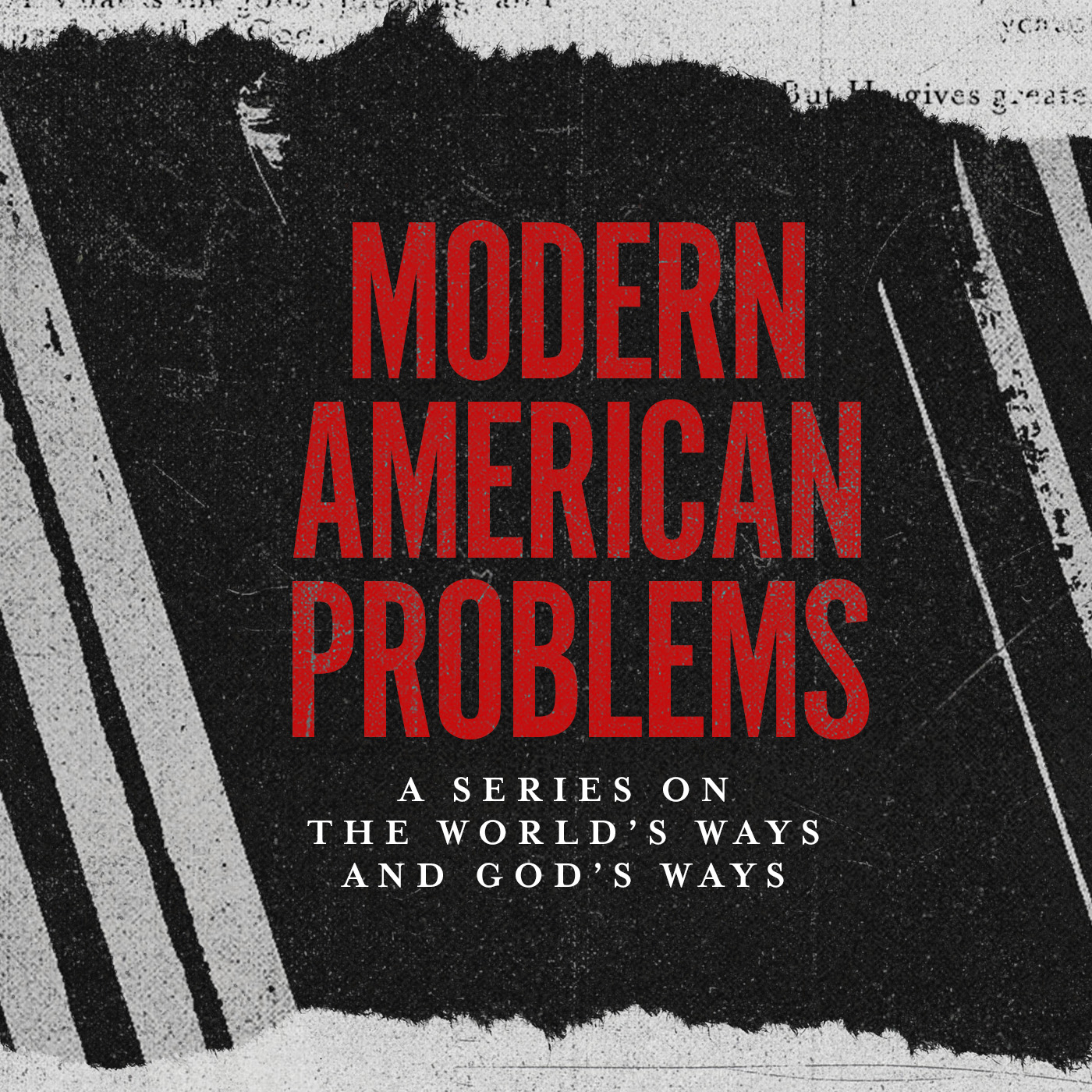One of the things that I have to do as a pastor is explain things over and over again. It‘s just part of the job. In some cases, it‘s because the church had 300 people in it in 2014, and then there were 450 people involved in 2016. So, as a pastor, I hate to bore the 300 people with information they‘ve already heard’ however, there are 150 new people who showed up who won‘t know unless it‘s explained again. On top of that, it‘s also true that some of the 300 people don‘t remember everything from 2014, and they need to hear it again like it‘s the first time.
So, I wanted to take time to explain why we, as an organization, don‘t get involved with every single good cause that is presented to us’ especially in regard to what we do in our Sunday morning services. I‘ve already explained this in previous years (for instance, see
this article from 2012) but part of my job involves re-explaining it for 2017.
First of all, let me explain why some people have a hard time understanding why a church would ever say “no” to a good cause. And then let me follow that up with four good reasons why it‘s good that they do.
Why would a church say “no”?
For some people, this just seems like a no brainer. If No Child Hungry* has an initiative, our church should be involved, right? I mean, we don‘t support the idea of hungry children do we? Of course not. We‘re Christians. This is a good cause. And then when the Teens-in-Temptation* have an event, we should promote it, right? I mean, we don‘t want to be supportive of teenage temptation do we? Of course not. We‘re Christians. And when Mending Marred Marriages* wants to do a workshop here in Ocala, we need to round up some volunteers to help them. I mean, we don‘t want marred marriages, do we? Of course not. We‘re Christians! These are all things we should support!
Now some of you might already see the problem with the previous paragraph, but believe me, there are some people who don‘t understand. And when a pastor says, “We are not going to get involved in the Teens-in-Temptation* event,” some people look at him like he just said “I hate all of the children!” in demonic voice.
Am I exaggerating? Yes. But I think you get the point. They have a hard time understanding why not.
Four reasons why a church would say “no”
1. Limited resources - that‘s actually the same reason that you do not say “yes” to everything that is asked of you, too. But for some reason, people can understand why their immediate family can‘t get involved in every opportunity presented to them, but fail to see why their church family can‘t do it. In fact, from the leader‘s perspective, I probably have to say “no” much, much more often than you do, because you are only getting asked by the people in your personal network of friends and associates. When someone pastors a 500-person church, that network might be 100 times the size of the network of a 5-person family. Think of the number of times you‘ve been asked to get involved in something. Think of the number of times you‘ve been asked to give money to a mission trip. Now imagine you are leading a 500-person family. Just imagine how many requests we get!
2. It‘s actually not “the church” saying no. It‘s just one particular non-profit organization saying no. This is a tough one to get but it‘s important, theologically. There are times when a pocket of people (let‘s say it‘s 10 people) who attend our Sunday morning services want the church to get involved in the ministry that they love so much called Parenting Children Through the Cup of Jabez.* What they don‘t realize is that even if we say “no” to making a Jabez-related announcement during our Sunday morning service, that doesn‘t mean that “the church” is not involved. The church is the people. That‘s what the New Testament teaches. So, the fact that 10 people from our church are involved in it means that our “church” actually is involved in that ministry!
3. The line has to be drawn somewhere. We‘ve had so many people (I‘ve definitely lost count) ask us if we‘d please promote ___________ from the platform during our Sunday morning service. And we‘ve said, “No, we don‘t get into to that on Sundays. We typically don‘t do anything on a Sunday that we wouldn‘t do for everybody.” The only exception in six years has been Royal Family Kids Camp & Teen Reach Adventure Camp.
At that point, some people might say, “Well, I know that you can‘t say yes to everybody. But I‘m not asking for you to say yes to everybody. I‘m just asking you to say yes to my thing!
To which I would say, “I know. But that‘s what everybody says! And I can‘t say yes to everybody. And you are one of them.” Ha ha! Can‘t you just picture that conversation? And you can see it from both sides can‘t you? The person doesn‘t think they are everybody. They are just one person, after all. But the leader is getting asked these kinds of things from all kinds of people, not just one person! So, he has to say “no” to most of them. Like I said, RFKC and TRAC are the only exceptions we‘ve made.
But some people will say, “Well, why can‘t you just make exceptions for RFKC, TRAC, and one more ministry! Can‘t we add Mending Marred Marriages* too? In other words, why can‘t you just add one more?
The answer to that is, “We could add one more. But what would that do? That would only satisfy that one person (or group) that is asking. What would we do when the next request comes in? Just add one more? Ok, sure, then once we‘ve got four ministries that we are promoting on Sunday mornings’ is that enough? Well, to the people who support those four ministries it would be enough, but not to everyone else. They‘d still want to add a fifth ministry and a sixth.
That‘s the point. We can‘t say “yes” to everyone. The line has to be drawn somewhere. And, at this time, we‘ve chosen to draw that line at RFKC and TRAC.
4. You may actually love this and you just don‘t realize it. I believe that many people have not ever thought about the consequences of what would happen if we changed our position on this. I believe that you have been blessed by our continual use of “no,” but you just don‘t know it. But if the Sunday morning service ever did become the announce-a-thon-ministry-showcase-recruitment-fair that some people are unknowingly pushing for, many of them would probably hate it. I believe that many of the very same people who wish we‘d promote their ministry from the stage on Sundays, would complain about how much time in the service it takes up, and they would grow weary of the constant lobbying.
So, I know that this is a lot of words, but I thought that I needed to do a new 2017 version of this explanation because this question is so common. I hope this explanation helps you feel better about this. And even if it doesn‘t, I hope you‘ll put up with us anyway. Thanks for letting me be your pastor.
Oh yeah, and one last thing in case it wasn‘t clear - this article is about things we
promote during the Sunday morning services, and not about causes that we
donate money to. We financially support a number of ministries other than RFKC and TRAC. (For instance, here is
a list that we published back in 2016.) We give out more money than we do stage time, because our stage time is extremely limited, and it is mostly set aside for worship and Bible teaching.
Note: All terms in this article designated by asterisks are fictional ministry names used solely for the purposes of illustration. However, if you really like “Parenting Children Through the Cup of Jabez” you may have it. I‘m happy to give that one away free of charge. :)

